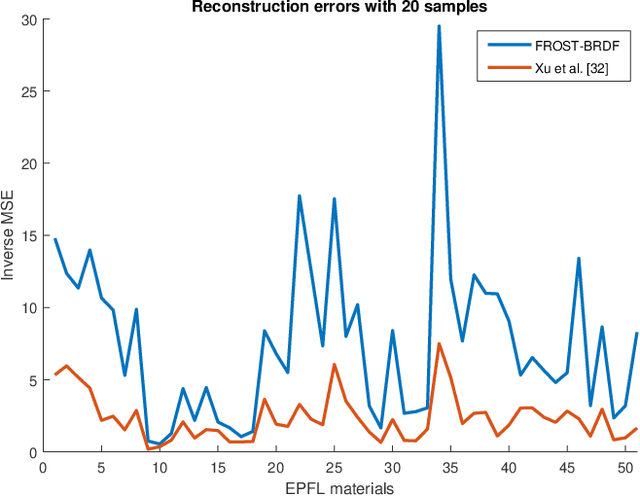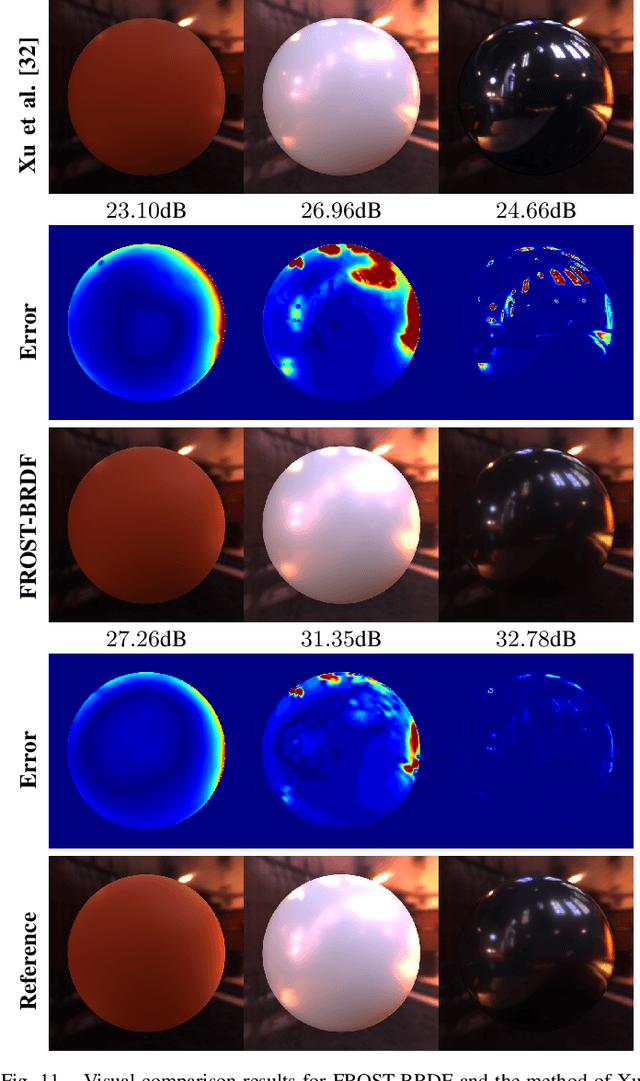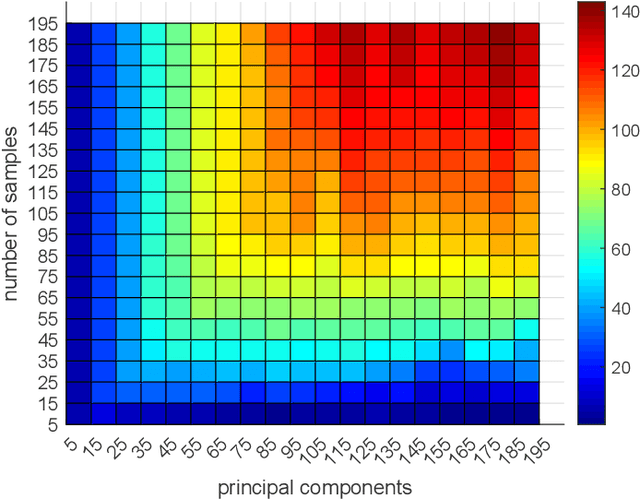Ehsan Miandji
FROST-BRDF: A Fast and Robust Optimal Sampling Technique for BRDF Acquisition
Jan 14, 2024



Abstract:Efficient and accurate BRDF acquisition of real world materials is a challenging research problem that requires sampling millions of incident light and viewing directions. To accelerate the acquisition process, one needs to find a minimal set of sampling directions such that the recovery of the full BRDF is accurate and robust given such samples. In this paper, we formulate BRDF acquisition as a compressed sensing problem, where the sensing operator is one that performs sub-sampling of the BRDF signal according to a set of optimal sample directions. To solve this problem, we propose the Fast and Robust Optimal Sampling Technique (FROST) for designing a provably optimal sub-sampling operator that places light-view samples such that the recovery error is minimized. FROST casts the problem of designing an optimal sub-sampling operator for compressed sensing into a sparse representation formulation under the Multiple Measurement Vector (MMV) signal model. The proposed reformulation is exact, i.e. without any approximations, hence it converts an intractable combinatorial problem into one that can be solved with standard optimization techniques. As a result, FROST is accompanied by strong theoretical guarantees from the field of compressed sensing. We perform a thorough analysis of FROST-BRDF using a 10-fold cross-validation with publicly available BRDF datasets and show significant advantages compared to the state-of-the-art with respect to reconstruction quality. Finally, FROST is simple, both conceptually and in terms of implementation, it produces consistent results at each run, and it is at least two orders of magnitude faster than the prior art.
 Add to Chrome
Add to Chrome Add to Firefox
Add to Firefox Add to Edge
Add to Edge